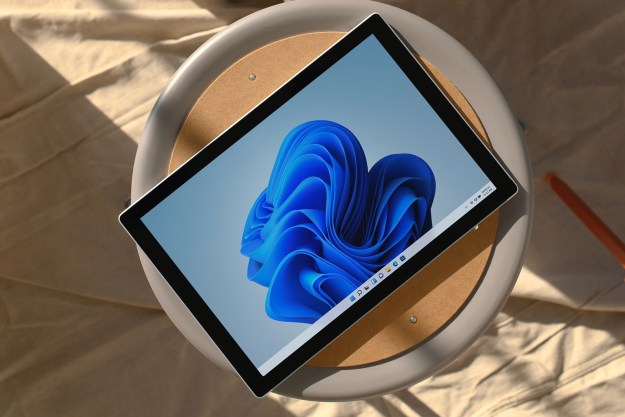
Microsoft has announced that in its new Windows 7 OS it will disable the AutoRun feature to cut off one avenue of malware infection. Instead of offering the option to install or run programs automatically, users will have to open them using Windows Explorer. The change will begin with Release Candidate 1, which initially ships tomorrow, and will eventually be added to both Vista and XP, The Register reports.
The decision comes after a number of malicious applications, including the notorious Conficker, have exploited the function.
Arik Cohen, a program manager on the Microsoft’s core user experience team, wrote:
"With these changes, if you insert a USB flash drive that has photos and has been infected by malware, you can be confident that the tasks displayed are all from software already on your computer."
However, media such as CDs and DVDs will still be able to use the AutoRun feature to launching game files or begin playing music.
Editors' Recommendations
- Scores of people are downgrading back to Windows 10
- Microsoft finally kills this legacy Windows app — for good this time
- How to check how much RAM you have on Windows and Mac
- How to create a bibliography in Word on Windows and Mac
- 7 best Chromebooks for 2024: the best for every budget



